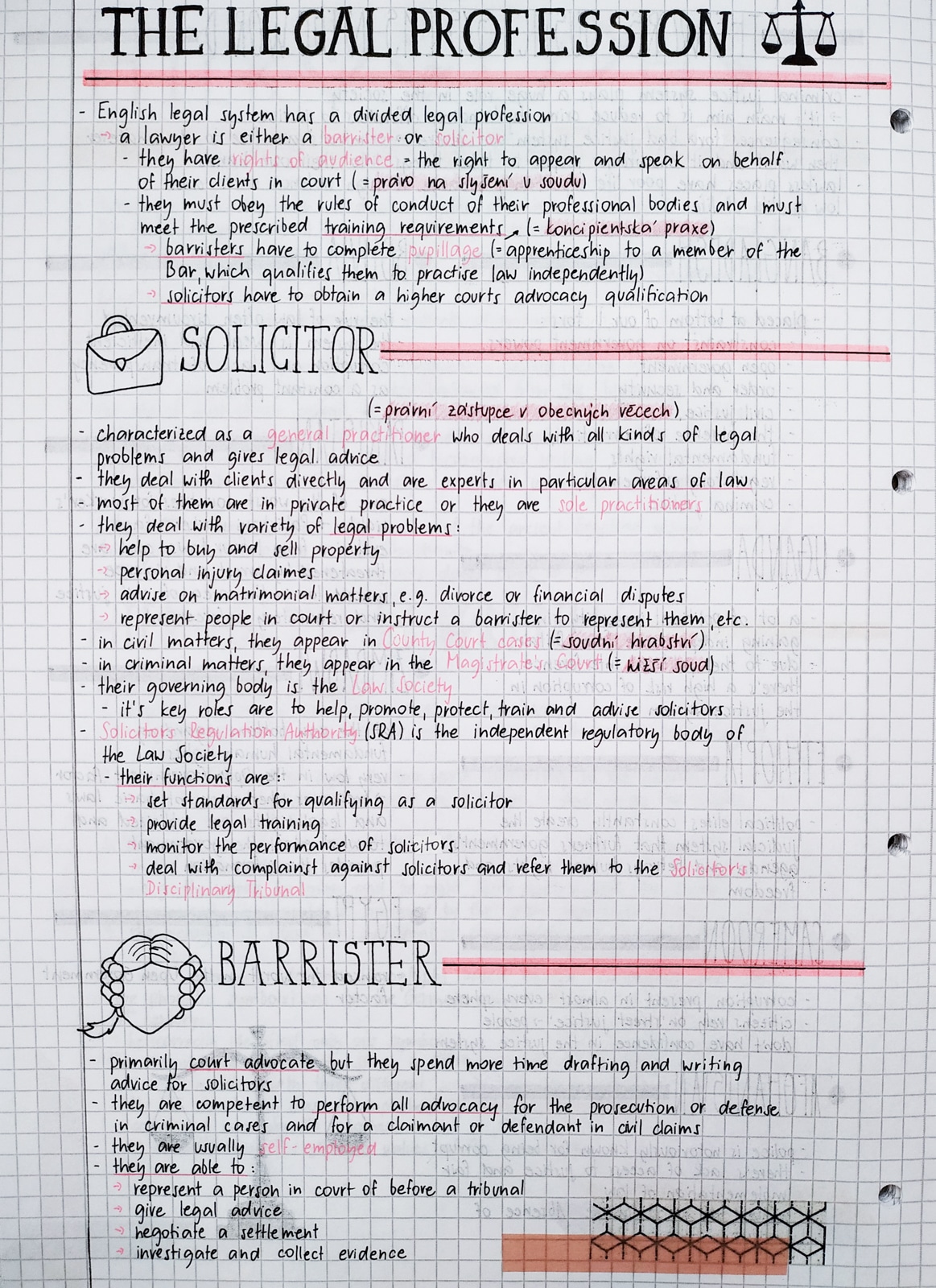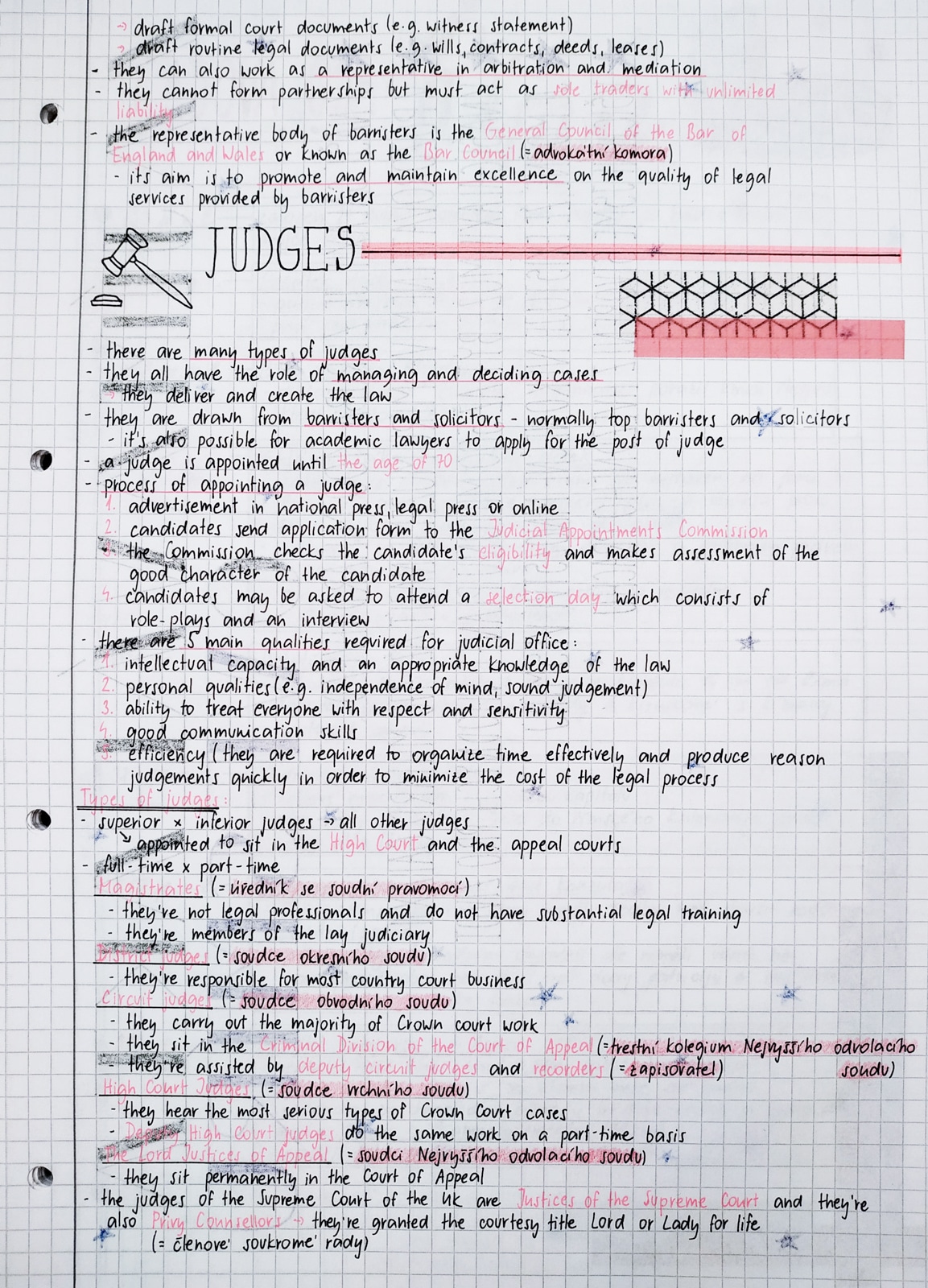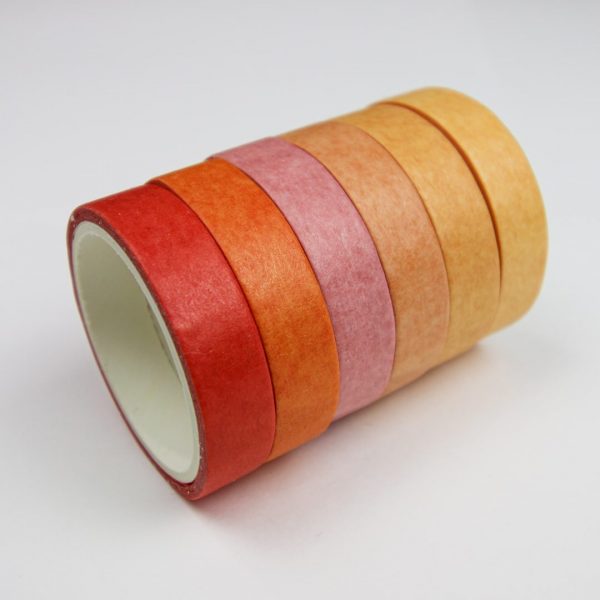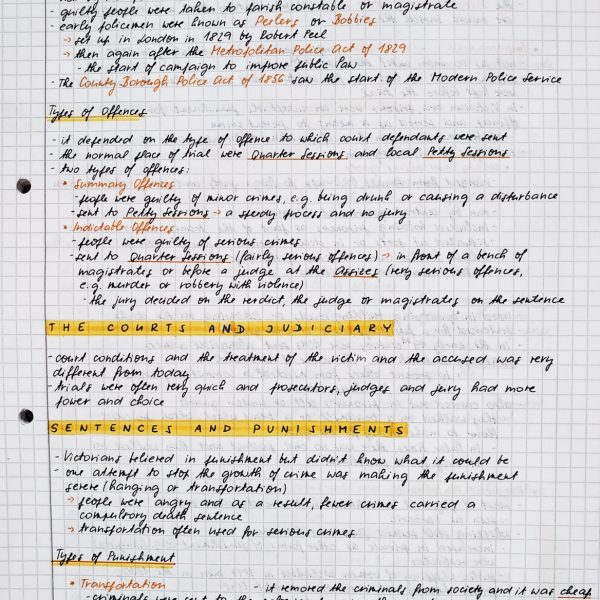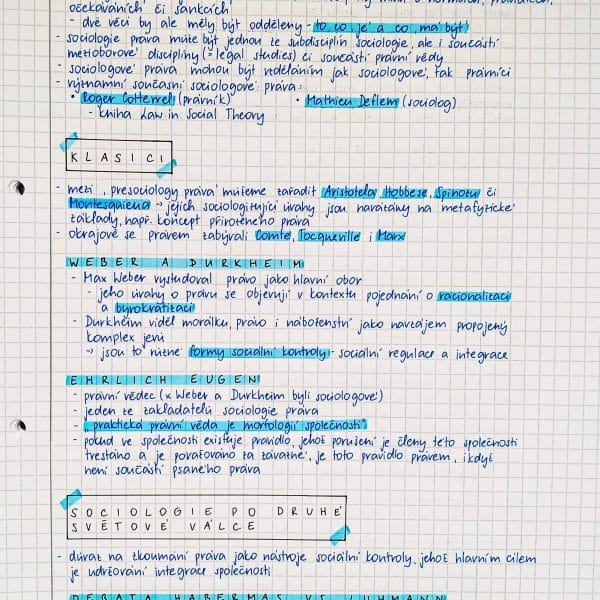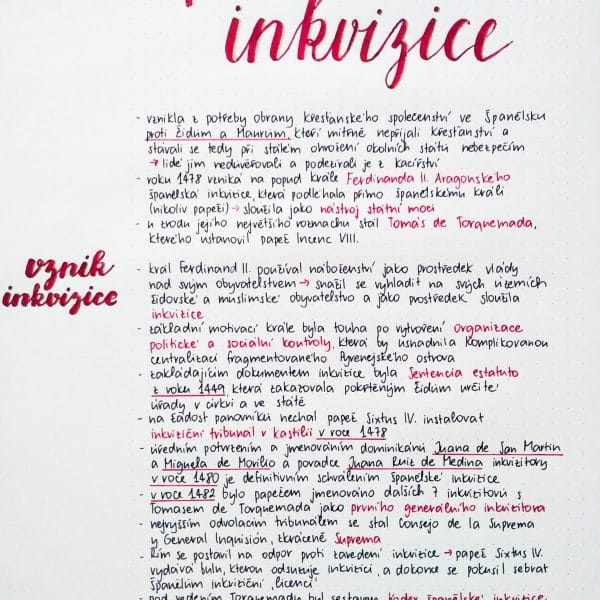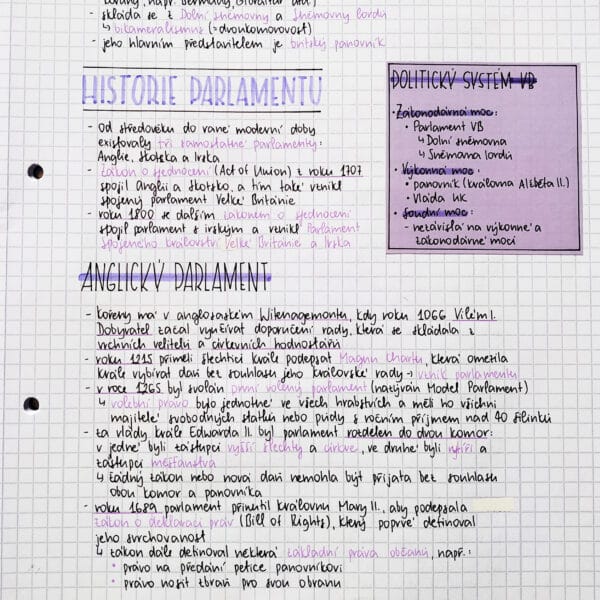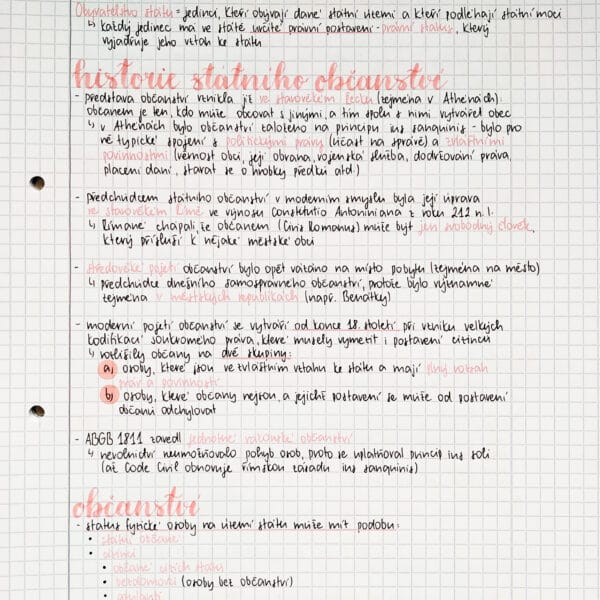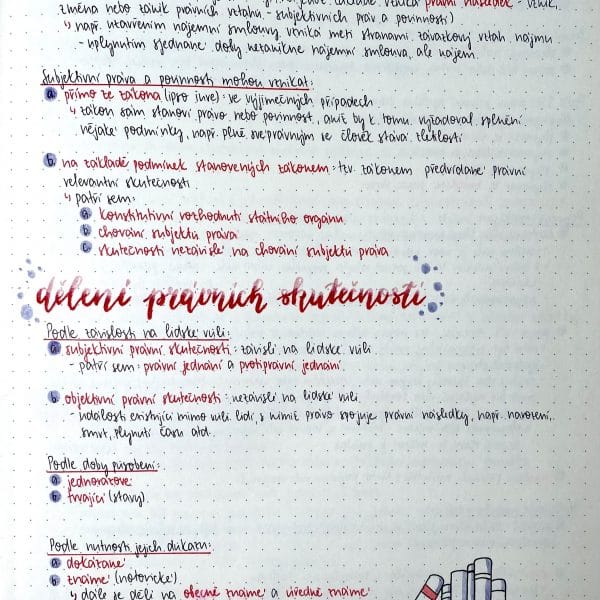The Legal Profession
- English legal system has a divided legal profession → a lawyer is either a barrister or solicitor
- they have rights of audience = the right to appear and speak on behalf of their clients in court (= právo na slyšení u soudu)
- they must obey the rules of conduct of their professional bodies and must meet the prescribed training requirements
- barristers have to complete pupillage (= apprenticeship to a member of the Bar, which qualifies them to practise law independently; = koncipientská praxe)
- solicitors have to obtain a higher courts advocacy qualification
SOLICITOR
- právní zástupce v obecných věcech
- characterized as a general practitioner who deals with all kinds of legal problems and gives legal advice
- they deal with clients directly and are experts in particular areas of law
- most of them are in private practice or they are sole practitioners
- they deal with variety of legal problems:
- help to buy and sell property
- personal injury claims
- advice on matrimonial matters, e.g. divorce or financial disputes
- represent people in court or instruct a barrister to represent them, etc.
- in civil matters, they appear in the County Court Cases (= soudní hrabství)
- in criminal matters, they appear in the Magistrate’s Court (= nižší soud)
- their governing body is the Law Society
- its key roles are to help, promote, protect, train and advise solicitors
- Solicitors Regulation Authority (SRA) is the independent regulatory body of the Law Society
- their functions are:
- set standards for qualifying as a solicitor
- provide legal training
- monitor the performance of solicitors
- deal with complaints against solicitors and refer them to the Solicitor’s Disciplinary Tribunal
BARRISTER
- primarily court advocate but they spend more time drafting and writing advice for solicitors
- they are competent to perform all advocacy for the prosecution or defence in criminal cases and for a claimant or defendant in civil claims
- they are usually self-employed
- they are able to:
- represent a person in court or before a tribunal
- give legal advice
- negotiate a settlement
- investigate and collect evidence
- draft formal court documents (e. g. witness statement)
- draft routine legal documents (e. g. wills, contracts, deeds, leases)
- they can also work as a representative in arbitration and mediation
- they cannot form partnerships but must act as sole traders with unlimited liability
- the representative body of barristers is the General Council of the Bar of England and Wales or known as the Bar Council (= advokátní komora)
- its aim is to promote and maintain excellence on the quality of legal services provided by barristers
JUDGES
- they are many types of judges
- they all have the role of managing and deciding cases → they deliver and create the law
- they are drawn from barristers and solicitors – normally top barristers and solicitors
- it’s also possible for academic lawyers to apply for the post of judge
- a judge is appointed until the age of 70
- process of appointing a judge:
- advertisement in national press, legal press or online
- candidates send application form to the Judicial Appointments Commission
- the Commission checks the candidate’s eligibility and makes assessment of the good character of the candidate
- candidates may be asked to attend a selection day which consists of role-plays and an interview
- there are 5 main qualities required for judicial office:
- intellectual capacity and an appropriate knowledge of the law
- personal qualities (e. g. independence of mind, sound judgement)
- ability to treat everyone with respect and sensitivity
- good communication skills
- efficiency (they are required to organize time effectively and produce reason judgements quickly in order to minimize the cost of the legal process)
Types of judges:
- superior (appointed to sit in the High Court and the appeal courts) x inferior judges → all other judges
- full-time x part-time
- Magistrates (= úředník se soudní pravomocí)
- they’re not legal professionals and do not have substantial legal training
- they’re members of the lay judiciary
- District judges (= soudce okresního soudu)
- they are responsible for most country court business
- Circuit judges (= soudce obvodního soudu)
- they carry out the majority of Crown court work
- they sit in the Criminal Division of the Court of Appeal (= trestní kolegium Nejvyššího odvolacího soudu)
- they’re assisted by deputy circuit judges and recorders (= zapisovatel)
- High Court Judges (= soudce vrchního soudu)
- they hear the most serious types of Crown Court cases
- Deputy High Court judges do the same work on a part-time basis
- The Lord Justices of Appeal (= soudci Nejvyššího odvolacího soudu)
- they sit permanently in the Court of Appeal
- the judges of the Supreme Court of the UK are Justices of the Supreme Court and they’re also Privy Counsellors → they’re granted the courtesy title Lord or Lady for life (= členové soukromé rady)


